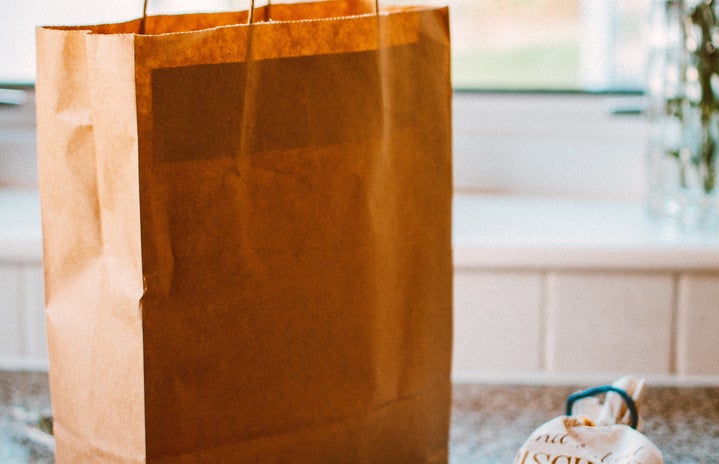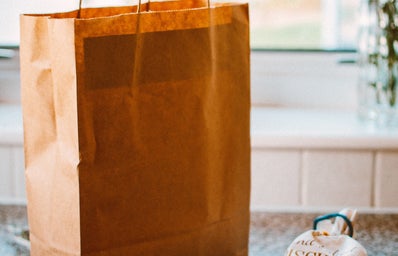With new sustainable trends and increased knowledge of the current climate crisis, what once started as a rising trend of reusable straws has now evolved to attempts to achieve a zero-waste lifestyle. With more than just ditching plastic straws, the zero-waste lifestyle aims to reduce the amount of trash being sent to landfills, incinerators, and the ocean by altering and assessing resource life cycles. While many of us would love to have our fridges be beautifully stocked with different glass jars like a photo from Pinterest, living zero-waste comes with many different challenges and lifestyle changes. Making these changes can be especially hard as a college student, and while going completely zero-waste may not be entirely achievable, it is important to remember that even the smallest efforts count and can lead to the formation of environmentally friendly habits. If you’re totally lost on how to adapt to a zero-waste lifestyle, here are some great tips to help you get started!
- IMPORTANT: If you’re trying to go zero-waste, DO NOT immediately get rid of all your other non zero-waste items
-
Instead, continue to use your plastic toothbrush, hairbrush, floss, deodorant, etc. until they have been used to their full capacity and then properly dispose of it (recycle) before investing in any other zero-waste alternatives.
- Replace Everyday Items with Zero-Waste Alternatives
-
Items we use every day like hairbrushes, toothbrushes, and tissues are often made of plastic and other wasteful materials that end up sitting in a landfill when we’re finished with them. A great way to cut down on this waste is to make the switch to compostable and biodegradable options like a bamboo tooth and hairbrushes (only after you’ve used them to their full extent).
- Reusable Items
-
Carrying around things like reusable straws, grocery bags, and even cups can help make a huge difference in cutting down your personal waste. As a bonus, many stores will reward you for bringing in things like your reusable cups with a discount on your order or will save you from having to pay extra on plastic bag taxes.
- Buy in Bulk
-
When shopping for many dry goods such as flours, pastas, grains, and even teas or coffee, try to do a majority of your shopping at a bulk food store. These stores help to reduce waste by using glass jars for packaging and allow the customer to choose how much or little they need of the product they’re purchasing to reduce food waste. Bulk food stores are also a great way to discover different kinds of ingredients and help us get one step closer to our Instagram worthy pantries.
- Buy Secondhand
-
While many of us love the feeling of buying a new article of clothing from our favorite store, we often turn a blind eye to the damages the fashion industry does to the environment. Many companies fail to meet not only sustainable, but also ethical standards when it comes to producing their clothes. Not to mention all the waste that goes into an online shopping order. A great way to cut this down is to do your shopping secondhand. Luckily, thrift stores have become more popular and allow buyers to find unique and individualized pieces to their wardrobe.
- Compost
-
Cooking creates more waste than we think it does as we often unthinkingly toss old food scraps into the garbage. Composting is amazing for the environment and drastically helps to reduce CO2 emissions. You can compost in your own house by collecting all your food scraps and other organic materials and creating your own compost bin, or finding a specialized composting service in your area that will take care of your scraps for you. Composting creates nutrient-dense soil that is great in a home garden too!
- Get Creative
-
When attempting to go zero waste, being creative with what you have is vital. Look around your house, apartment or dorm and see what different items can be reused or repurposed instead of being thrown out. Empty glass bottles make great vases, old t-shirts can be sewn into reusable tote bags, and empty egg cartons are great for starting seedlings for your garden.
When trying to go zero-waste, remember that it’s a long process and can’t happen overnight. Be patient with yourself as you ease your way into this new lifestyle, no one is perfect! While these tips are a great start to reducing your waste, try to do plenty of research on other ways to cut down or repurpose and check out all the different resources you have available online or in your local community to help you on your journey.


